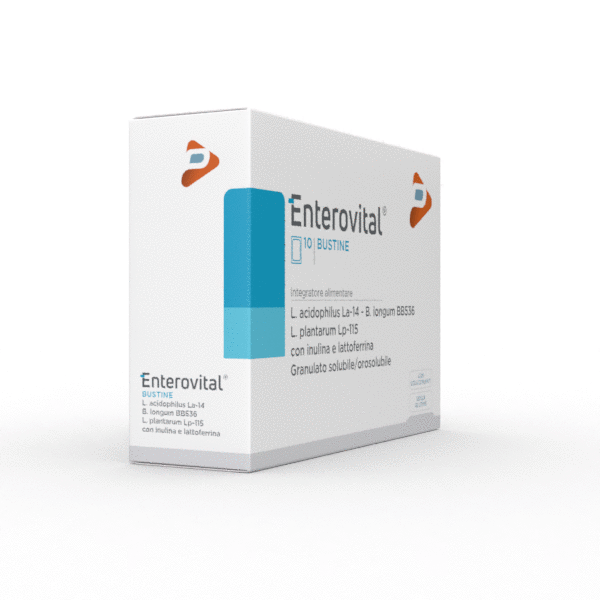For the prevention and treatment of diarrhea, after antibiotic therapy and overall for general well-being, prebiotics and probiotics are valuable allies. In particular, it is advisable to hire them before going on holiday, to reinforce their defenses, and always have an escort in their suitcase, to help the body recover in case of diarrhea. The latter is always a risk because it affects up to half of the travelers who travel to a hot country. Bacteria, viruses, parasites can trigger it, but sometimes also the stress of the journey, the change of food, the climate, the altitude. Vacations not infrequently involve one or more of these variables, so it is advisable, before traveling and during holidays, to take care of your intestinal bacterial flora, so that it is balanced. This normally performs a series of functions necessary for maintaining the well-being of the host organism, in fact:
• acts as a primary stimulus for the development of the immune system
• intervenes in the digestive processes, in particular in those of digestion of sugars and fats
• participates in the synthesis of vitamins
• promotes the absorption of trace elements (eg magnesium, calcium, iron)
• represents a real barrier of protection against attacks from pathogenic bacteria and viruses.
The attention is very high so that prebiotics and probiotics are included in the guidelines of the Ministry of Health for food hygiene and safety and nutrition. This is not a novelty but a reality with well-known efficacy: the use of milk enzymes in the supplements sector in Italy dates back to around 35 years ago, when these products, according to current legislation, were included among diet products, and previously authorized for marketing purposes. “At the national level” we read “the” physiological “effect aimed at favoring the balance of the intestinal flora has always been considered useful for health and linked to the ability of a probiotic to colonize at an intestinal level thanks to the contribution of a number sufficient living cells with the indicated intake amounts “.
Prebiotics and probiotics
The probiotic microorganisms (bacteria and/or yeasts) are traditionally used to balance the intestinal bacterial flora, obviously, those that are safe for use in humans are selected.
Foods/supplements with probiotics are those that contain, in a sufficiently high number, live and active probiotic microorganisms, capable of reaching the intestine, multiplying and exerting an equilibrium action on the intestinal microflora through direct colonization. Most probiotic microorganisms used in supplements are species belonging to the genera Bifidobacterium and Lactobacillus.
It is unlikely, if not impossible, to introduce the minimum quantity (at least one billion) with the diet alone, therefore it is advisable to take them in the form of supplements. To be effective, probiotics should be taken on an empty stomach for an average time of 3-4 weeks.
The most complete supplements provide, in addition to different strains of lactic ferments belonging to bacterial species normally present at the level of the intestinal hole (each has different mechanisms of action), also the prebiotics, such as inulin (an indigestible vegetable fiber) and oligosaccharides.
The prebiotic is a non-vital food constituent that confers a benefit to health through modulation of the microbiota, its task, in particular, is to increase the levels of beneficial microflora. They are present in various foods, such as wheat flour, bananas, honey, wheat germ, garlic, onion, beans, and leeks, but sometimes the diet alone is not enough to introduce the right amount and quality.
We read in the guidelines that: “The substances used as prebiotics must meet the following requirements:
– be safe for humans based on traditional use (for which it is not novel food according to Regulation (EU) 2015/2283);
– be present on the daily intake quantities in plausible quantities to perform a “prebiotic” effect according to the available scientific evidence “.
Probiotics and prebiotics contribute, as anticipated, to re-establishing intestinal balance (which can be compromised by various causes such as antibiotics, stress, diet variations) and to restore bowel function by helping to cope with gastrointestinal infections.
The mixture between probiotics and prebiotics has a synergistic action on health.
Useful to reinforce the efficacy, also lactoferrin, a milk protein belonging to the transferrin family, responsible for the uptake and transport of iron.


